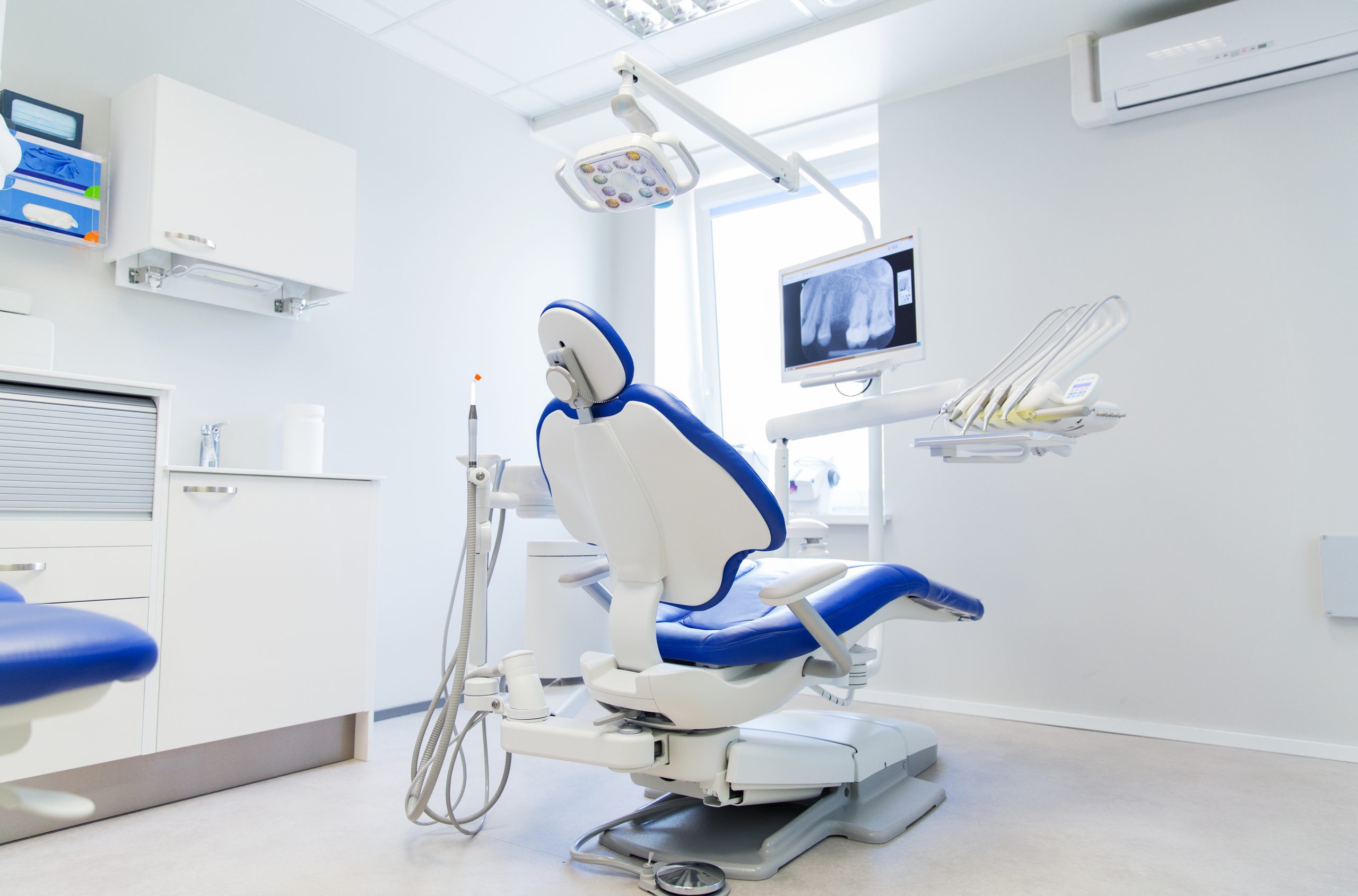Reduce Fallow Time with Rensair Air Purification

The coronavirus pandemic has dramatically impacted the productivity of dental surgeries. After lockdown, dentists are glad to be back at work, but they continue to struggle to treat as many patients as possible. One enormous challenge is fallow time.
Fallow Time Fallout
Dentistry involves procedures that release aerosols into the air. The World Health Organization and scientific researchers have recognized that these airborne aerosols can transmit the coronavirus and other pathogens.
Here’s where fallow time comes into play. The FGDP (UK) (Faculty of General Dental Practice) defines the fallow period as the “time necessary for clearance of infectious aerosols after a procedure before decontamination of the surgery can begin.” Before allowing the next patient into the operatory, the room must be closed for a specific period to allow the microorganisms in the air to settle down.
To mitigate the risk of infection, the FGDP (UK) and the College of General Dentistry (CGDent) required surgeries to have a fallow period of 60 minutes. Public Health England agreed, recommending a fallow period of 60 minutes in a treatment room with less than 10 air changes per hour after completing an aerosol-generating procedure. With such a long fallow period, dentists can see fewer patients per day.
Air Exchange Per Hour
Yet, following a review by the Scottish Dental Clinical Effectiveness Programme (SDCEP) UK dental authorities have determined that dental surgeries can reduce the fallow period by 20 minutes or fewer if an operatory can increase its air change per hour (ACH).
ACH refers to the amount of air change per hour that is necessary to make the operatory pathogen free. To decrease fallow time, an operatory must increase the ACH after an aerosol generating procedure.
One possibility for improving air exchanges is via air purification. The FGDP (UK) and CGDent note that the type, design and manufacture of recirculating air cleaners is important. Not all models are equally effective. They recommend that an air filtration unit use HEPA filtration or UV irradiation. In addition, the unit should be positioned close to the source of the aerosol production. The air flow rate of the air filtration device, the efficiency of air cleaning and the size of the room should all be considered. These elements as well as cleaning, maintenance and safety must also be examined.
Rensair Air Purification
Rensair’s patented technology features a hospital-grade H13 HEPA filter with an ozone-free UV-C light placed in its center. The portable Rensair needs no installation and leading independent laboratories, Eurofins, Norconsult and Oslo University Hospital, substantiate that Rensair destroys 99.97% of airborne viruses. View the full reports here.
Rensair air purifiers have a large cleaning capacity. A single Rensair air purifier cleans 560m3 per hour. Consider the standard dentist surgery room, which is 43m3 or 4x4m with a typical ceiling height. One Rensair unit in such a surgery would reduce fallow time to a mere 20 minutes, which increases the room’s useful time by more than double.
Many dentists faced with fallow time restraints have found success with Rensair. Dr. Sue Taylor, owner of Orchard Cottage Dental Surgery in Fetcham, Leatherhead did her research and selected Rensair. “The Rensair actual air exchange of 560m3 per hour was especially important,” she says. “Rensair has substantially reduced our fallow time. We can now have the surgery ready for the next patient in 15 minutes.”
Contact us to find out how Rensair can help your business.
